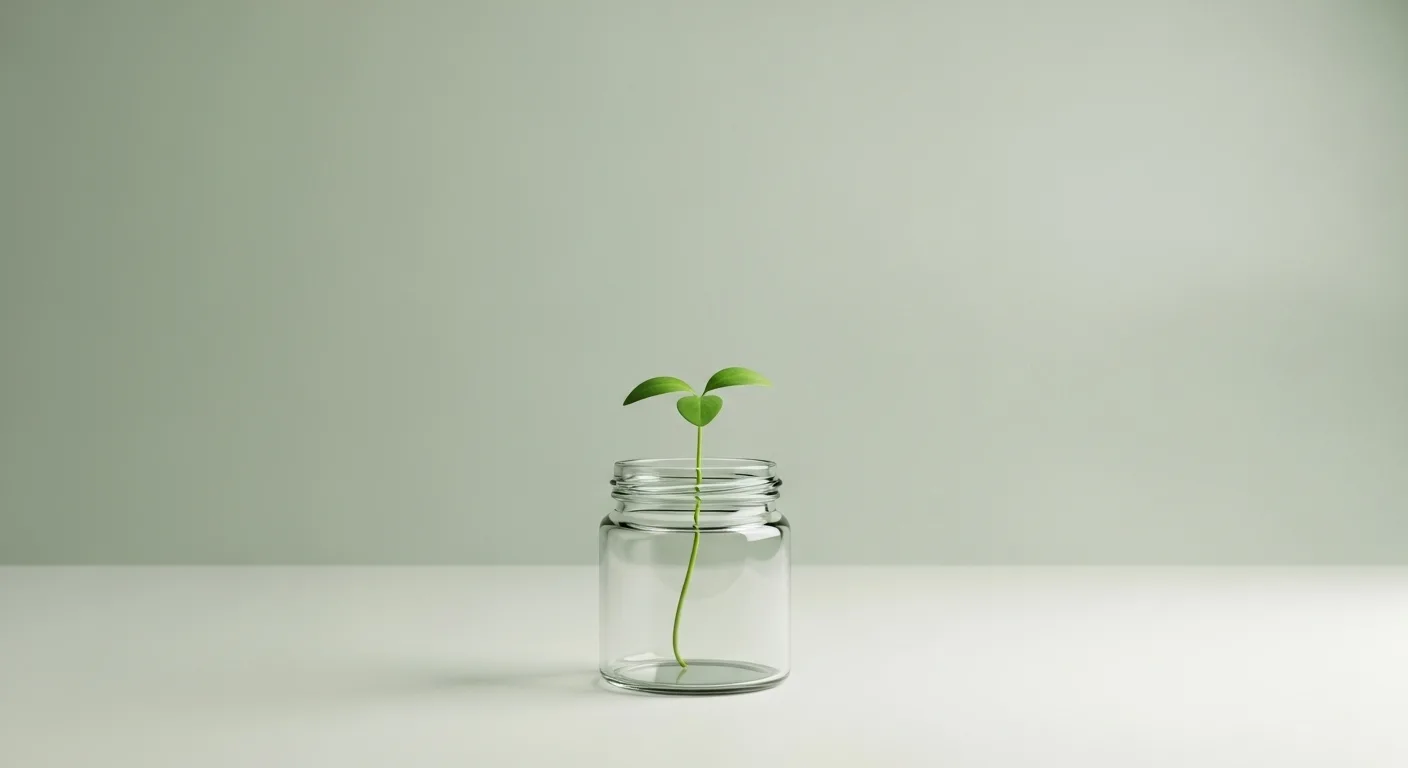As global food production becomes faster, more efficient, and more intensive, a whisper-like concept is spreading amid this high-paced transformation: slow agriculture. Just as the “slow food” movement stands against fast food culture, slow agriculture reminds us that production can be harmonious with nature, sustainable, and respectful. So, how does this approach find its place within industrial production systems?
What is Slow Agriculture?
Slow agriculture refers to a production method that respects the natural cycles of soil, seasons, and plants, reduces chemical inputs, and preserves local diversity. The goal is not just to grow crops but to protect soil health, support biodiversity, and ensure long-term sustainable productivity. In this system, the producer collaborates with nature rather than dominating it. Agriculture is treated not as an “industry” but as a living cycle.
Conflict and Harmony with Industrial Agriculture
Industrial production targets high yields, standardized quality, and low costs. However, this system often reduces nature to mere “data” and views soil solely as a production site. This is where slow agriculture steps in. While the two approaches may seem opposed at first glance, a hybrid of them offers a promising path for food security and sustainability. For example:
- Industrial-scale farms can adopt slow agriculture principles such as crop rotation, compost use, and production with local varieties.
- Agricultural technologies (AgriTech) can be used to measure and optimize the effects of slow agriculture (e.g., soil health monitoring with sensors, water management).
Beyond Shelf Life: Flavor, Culture, and Meaning
One of the most notable impacts of slow agriculture is evident in the flavor and texture of products. A tomato grown quickly never matches the aroma of one patiently cultivated from local seeds in its natural season. Additionally, slow agriculture contributes to preserving cultural values such as geographically indicated products, heirloom seeds, and local production techniques. This means that an agricultural product carries not only physical but also mental and emotional connections.
A New Direction for Brands
Today’s consumers are questioning not only “what” they eat but also “how it was produced.” Transparency, ethical production, and respect for nature are no longer just “trends” but fundamental factors influencing purchasing decisions. Industrial producers who embrace the philosophy of slow agriculture have the opportunity to differentiate their brands and build long-term consumer loyalty. This is not just a marketing narrative but an investment in the future of food systems.
Slowing Down to Protect the Future
Slow agriculture does not mean slowing down industrial production but making it more conscious, sustainable, and nature-friendly. A mindful slowness, supported by modern technologies and shaped by scientific data, can protect both our planet and our tables. While we may not be able to jar time, if we learn to listen to the rhythm of the soil, we can nourish the future, preserve culture, and leave a true legacy for healthy generations.


